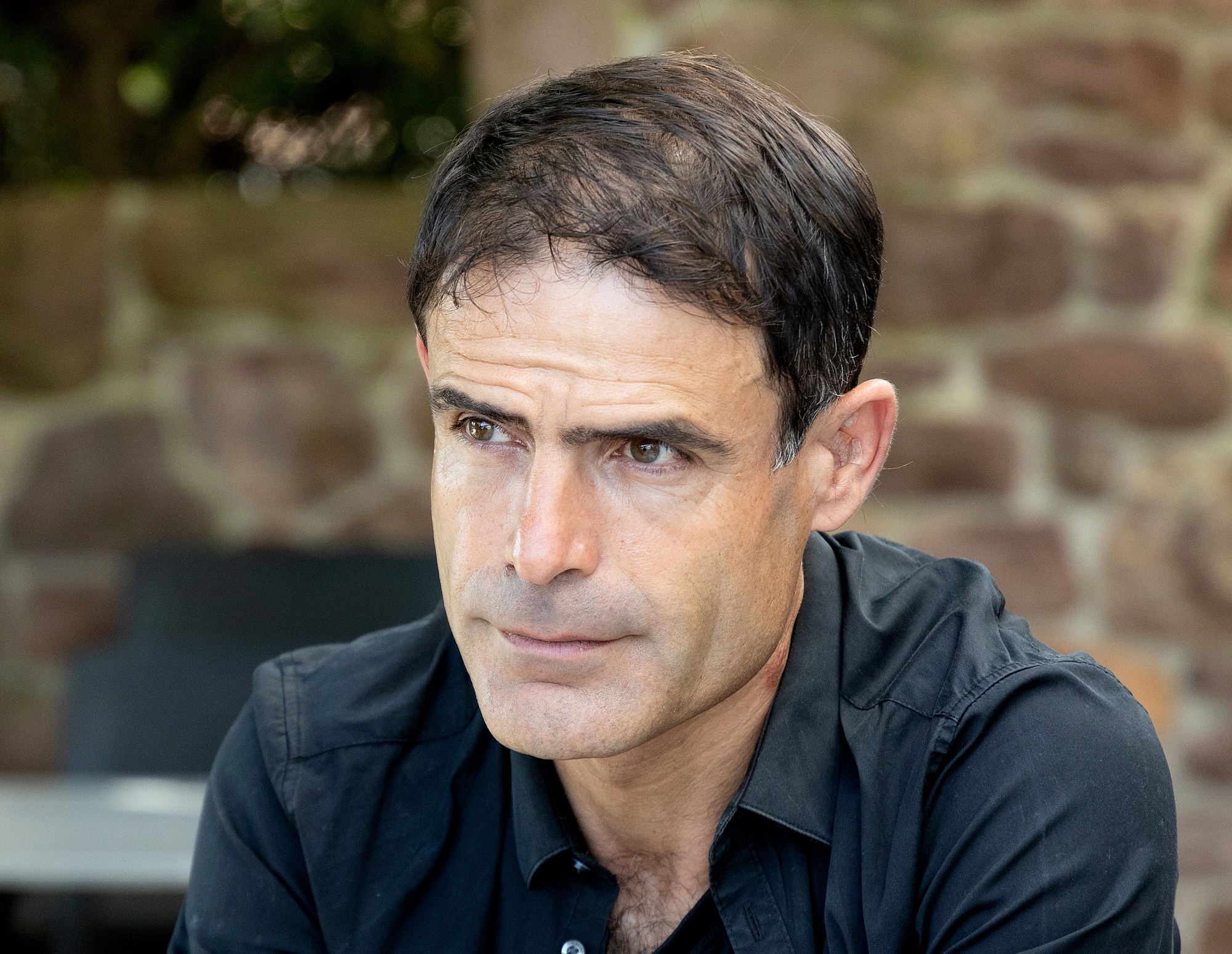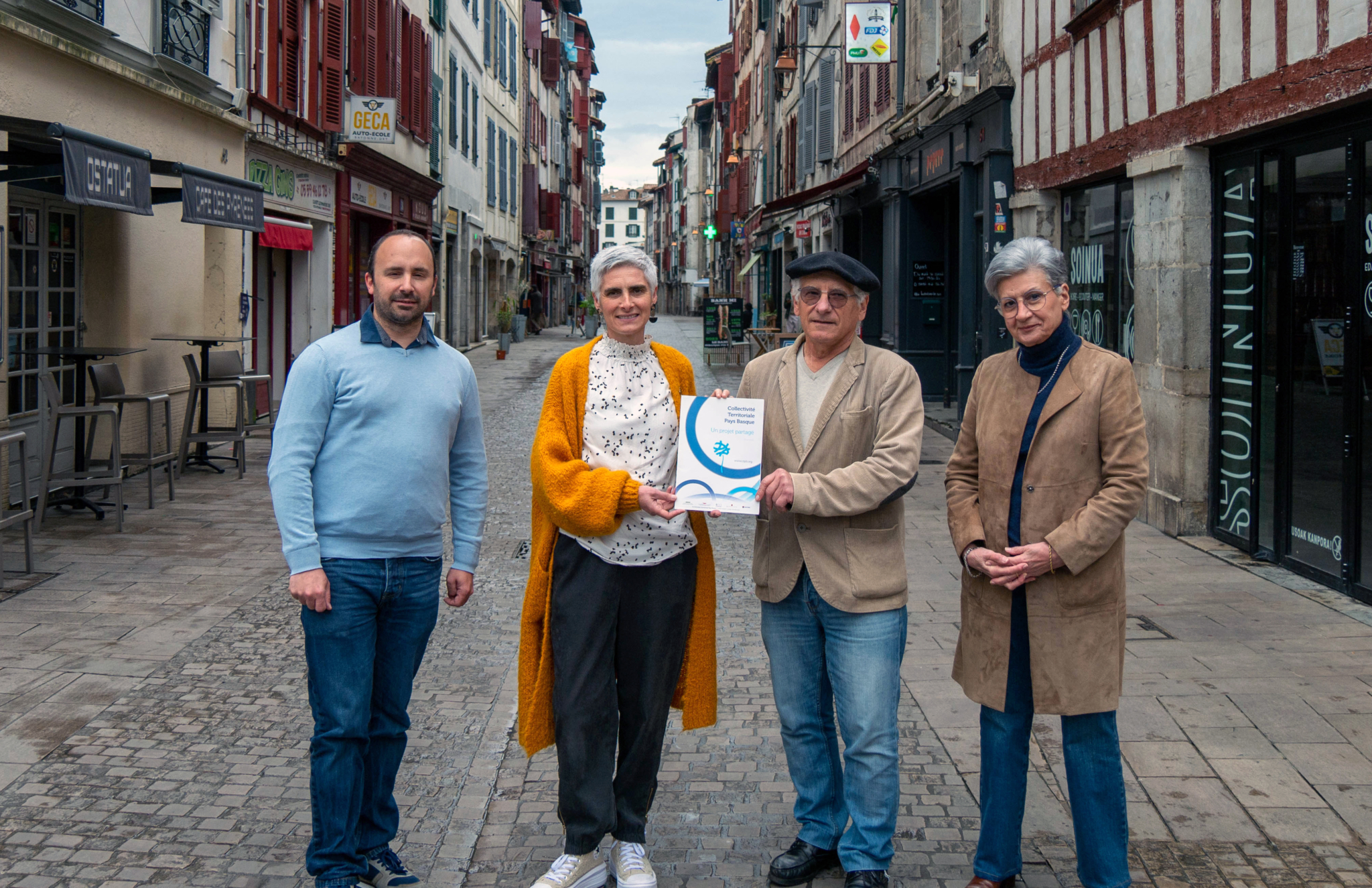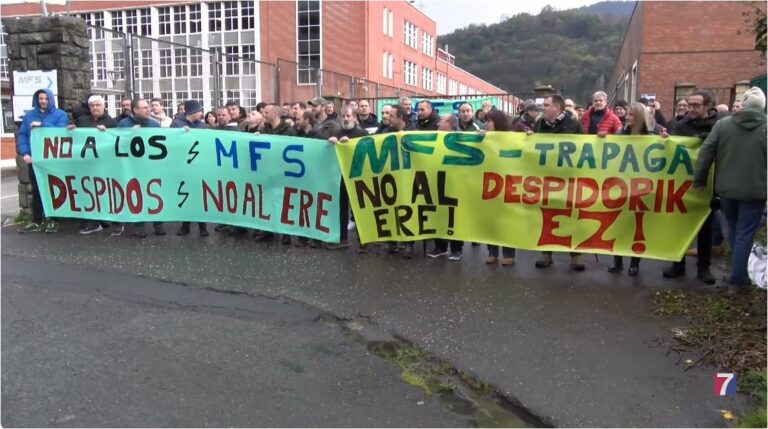"It's a tremendous lesson to overcome the state of the writer."
- Lately, for many reasons, we see it in the front line of cultural activity. Among them, the theatre play Zergatik Hegoak, created at the initiative of Berria, the book of poems Poza, Elkartasun Basatia (Susa) previously released, recitals on...
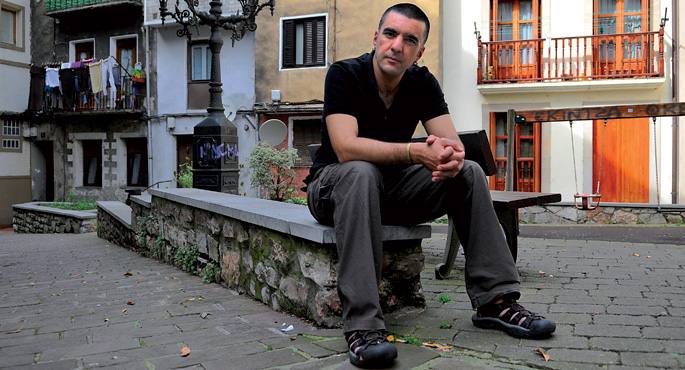
It was created three years ago to act as a bridge between people in the world of literature and culture, at the Hitzen Ubera. You have your place of work. What panorama do you have?
Because of the crisis, we never know what is going to happen. This initiative was launched because EIE found it strategic, for those of us who started as journalists, it was also new, and I would say it is still a challenge, as the movement in the network is constantly changing. There is still a long way to go. We have many concepts to assimilate in terms of reflection on free culture. Among its objectives were some obstacles to the diffusion of the culture that is created in Euskera, and in particular in the literature. That's where we are.
On the other hand, we pay special attention to those events that are discarded due to lack of space in the media. We try to record ourselves to the fullest, to ensure that they are reserved for the future and transmission, promoting cultural memory.
What brought him to poetry? Are the objectives then maintained?
I've always been a furious reader. When I was young, there was a lot of movement around the fanzines and that's what I got into, too, in Orereta.Gracias that I met a lot of people, and we started doing little things. The Mikelazulo cultural association also opened its doors and encouraged them we started selling the fanzine there, offering the first recitals. I started to play more deeply in reading, collaborating with other people and getting closer to the theater. We started experimenting in that context, and the truth is, it's not over since.
From poetry to theater. I thought it was the opposite.
At that time, I didn't imagine myself in the theater. Orereta has always had a close relationship with the theater. The biggest relationship we had with the water group. Then came the first performances outside of Orereta, an incredible adventure for us. We did a lot of things, sometimes out of fear, but that's what we did. Over the years, we became aware of what we were doing, and we began to look for and delve into other ways. Those early years had erupted and Orereta was also booming.
Does the explosion then persist in you?
Yes, but otherwise. There's been a lot of stages, we've tried a lot of things, and now we're at another time, we're more connected to theater, but the ways to do that, and the aesthetics that have been created in these years are there, not perhaps in such an improvised way, in such a crazy way, but the school that's been given is still there. The network of relationships that we have sewn over these years is also there, of which quite a few groups have been created, and although everyone has sought their aesthetics, we are constantly working together. The network supports us in carrying out many projects. It helps us to achieve what we would not otherwise have achieved. We have human and artistic knowledge, we know who to ask for.
Compared
to the book of poems Eskuen sustraiak, Igor Estankona said in Argia that savage solidarity is more crude, more contradictory. What has changed since then?
When I wrote the roots of my hands, I was in a moment of transition, a lot of things were changing around me, like Metrokoadroka. It was a kind of one-stage balance, and it's plagued with referrals to people. There are a lot of people I've met for many years, because I felt the need to bring to light all that I've been given. In that sense, I was looking from within, but also around me. Maybe a first book had all the possible visions, a very broad subject, the desire to get a lot into it. In savage solidarity I felt freer, although it is not very different. The roots of the hands and then those texts have emerged, individually, for moments. When I started organizing, I realized that there were ideas that I could identify with very easily, and in that sense the threads are clearer within me. I do not know what the reader will receive, but I would say that these contrasts or contradictions are more focused.
Your poetry comes soaked in theater, and your poetry theater, over and over goes with you. Speaking of letters, what does the theater have that doesn't give you pure poetry?
I've seen close links, and I like to look for those links and study them. In other times, I tried to distinguish myself. In Wild Solidarity, after all, I have relaxed and I have admitted that these things are very united in me. However, I've tried to make a poetry book, not a theater book.
Authors who are normally interested in theater also have connections to poetry. In contemporary forms of creation, they are more related to poetry than to narrative. And I'm interested in that path, the limit has been blurring me, and I've accepted, accepted and appeared.
You say your poems are sheet music. For people to interpret that they're created like this. You yourself do not offer them equally. What are you looking for, where do you start playing in front of the public?
At another time, I started writing stories for the theater. I realized that on the way we were taking the characters and the situations that were closing the way for the actress. In our way of working, it also has to create actors. The word is important, but it's just one element. Of course, it has a lot of weight, but it has to be open, it has to give the interpreter the opportunity to create. In this sense, poetry facilitates the path, because it does not close the character saying that it is so or that in this situation the same occurs. It's left in the hands of the actor. That's where the idea of the score came from.
By reciting that score tone, it looks easier, because it can be done in many ways. Many of the elements that can be given on stage can not be collected on paper, can be given with different voices, play with rhythms, detect and respond to the mood of the public... All the latest works I have written in this way, without characters, without clear arguments, raising themes and texts.
Poetry
has given the interpreter freedom on stage in the theater.
The text is present in the same way, but the actors feel that it is very theirs, although the dramaturgy that emerges from it was not on paper, the text is there. I find that very interesting.
You say it's a
Metrokoadroka collective and it's also a creation lab. What is the key that you want to highlight with these words?
These words have come because we have given time to define our own, and from before so have others. We don't find concrete ways to explain what and how we want to do it. As we always say, ours is a kind of organized chaos. The usual ways of working don't serve us, the concept of equipment, of company, of company, and we've always looked for models. In that search, in the end, the projects have given way to us. We are a lot of people, from different disciplines, and first of all, we form a common network that would not exist without the other, because the network supports us in every project. We have no written contract, everything is implicit, but at the same time it is very obvious, very real.
If one of us wants to do a painting exhibition, he knows that he can count on the help of someone who writes if he wants to, or he can confidently turn to those who do the scenography. To the extent that this relationship is accepted, it provides great support and tranquility when facing and disseminating the project. This way of working is enormous, both within the Metrokoadroka, between 15-20 people, as in the groups around it, because in the end this concept is extended.
On the other hand, our creative processes are often collective, it has rarely happened that someone leads or marks it. Processes are always negotiated. Along the way, we've found codes and ways to work as a team, and that's a treasure, because projects go far beyond what you've imagined. They get deeper. In addition, when the project is launched, we all feel the project very ours, because there is the voice of everyone, because everyone has contributed in its scope. There is respect for the work of the other, but we must also constantly seek clashes. Work emerges from these shocks. They take unexpected forms.
Negotiating is also a loss.
It's lost, of course, but it's very clear that it's for the good of the team. There are always individual jobs to meet other needs. In the writer's case, writing is a solo play, even when I work for the group, I do it alone, like the painter. Things change a lot when you accept that code and that negotiation, you live writing differently, you take on the impact and you have to rewrite it, because we're there to serve each other. It's an amazing lesson if you can overcome the writer's situation. This clash occurs with the figure of the author. If you want to give quality to the word on stage, you have to take into account other elements.
Where do you start at birth? What is the process?
Every job is unique. Although we start from the same philosophy, each project has its own process, since each one has its own characteristics. People also change from one side to the other. For what in Hegoak and Poza, for example, I raised a loose concept and text. Through their reception and improvisation, the whole group is introduced, a material is created, texts are appropriated, rejected or rewritten, and then the dramaturgy is found. Each case has its own way because people are not the same in one place and another.
In joy, we sought an interdisciplinary dialogue, and we saw self-fication, that dramaturgy that wasn't there in my texts at the beginning. For what in Hegoak we have played more from the absurd and from the physical theatre. There's a more narrative story there, but it came through improvisation.
The ideal is to have the opportunity to work intensively in the right place, as the whole team is involved in creating and it is easier to create new materials. That is our challenge today: to achieve the conditions for decent work processes. We had the opportunity to do so, thanks to a scholarship, as we spent 15 days in the Bilbao Scene. In Azala we also spent a week in Niessen de Orereta. Why in Hegoak we didn't find it an option at first, but then yes. In other countries there is a tradition of artistic residences. We don't have that much here, although we hear more and more. Every process is an adventure.
How does the theater look?
We have a very interesting panorama, we live a moment full of opportunities, because a lot of people are testing other work dynamics, and some of them, just in Basque. In addition, networks of relationships are being consolidated, there are also collaborations and references, such as Eztena, or places such as Harri Xuri, Hall 6, La Mostrenka or Azala. Here are unstructured networks or weeds, using the words of Lipus. Its importance is enormous. As in all areas, there may be contradictions and mismatches, but there is a trend towards solidarity in theatre, precisely because that is why we are accustomed to working and negotiating in teams. In recent years, very interesting things are happening at this level, in some cases also by the programmers. On the scene, we have set up forums for debate between creators and programmers. In addition, there are initiatives like Zubi. If, above the excuse of the crisis, there is communication between the agents, many things can be done. This kind of initiative shows that these relationships do not have to be solely between creators, but that they can also be with the institutions. There are quite a few municipalities and programmers involved.
Aberri Eguna elkarrekin ospatzeko xedez sortu zen Euskal Herria Batera plataforma. Aurten, ikusgarri bat eskainiko dute apirilaren 11n, Manex Fuchs antzerkilariaren, Lorea Agirre idazlearen eta Martxel Rodriguez dantzariaren eskutik.









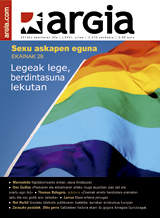

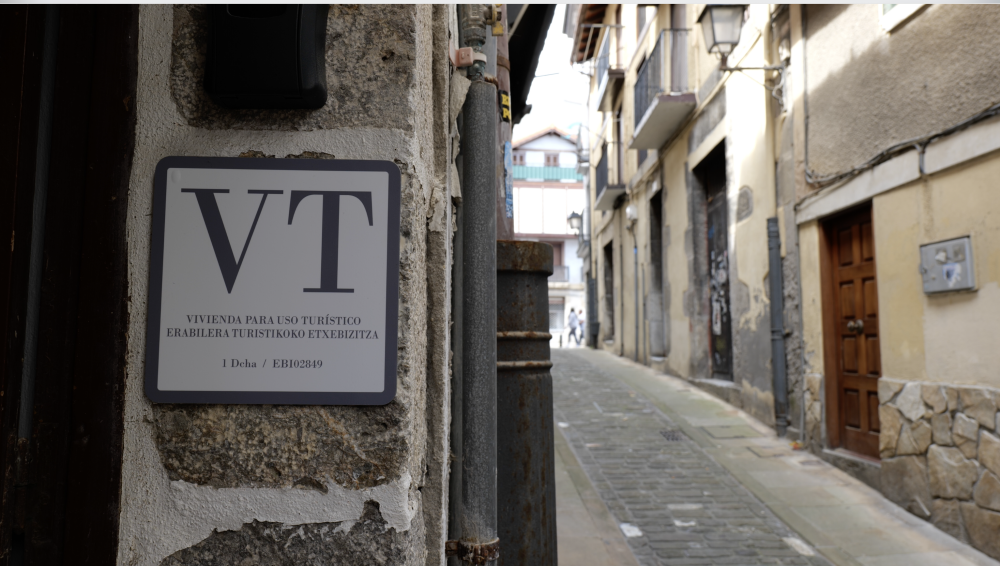
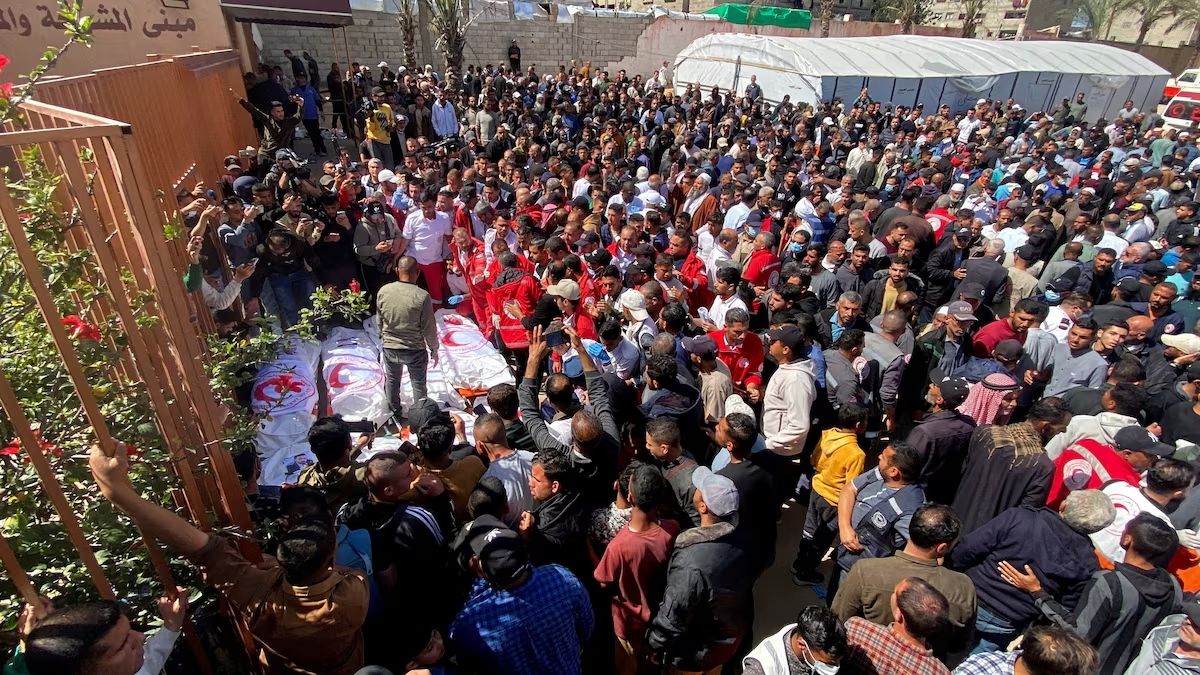
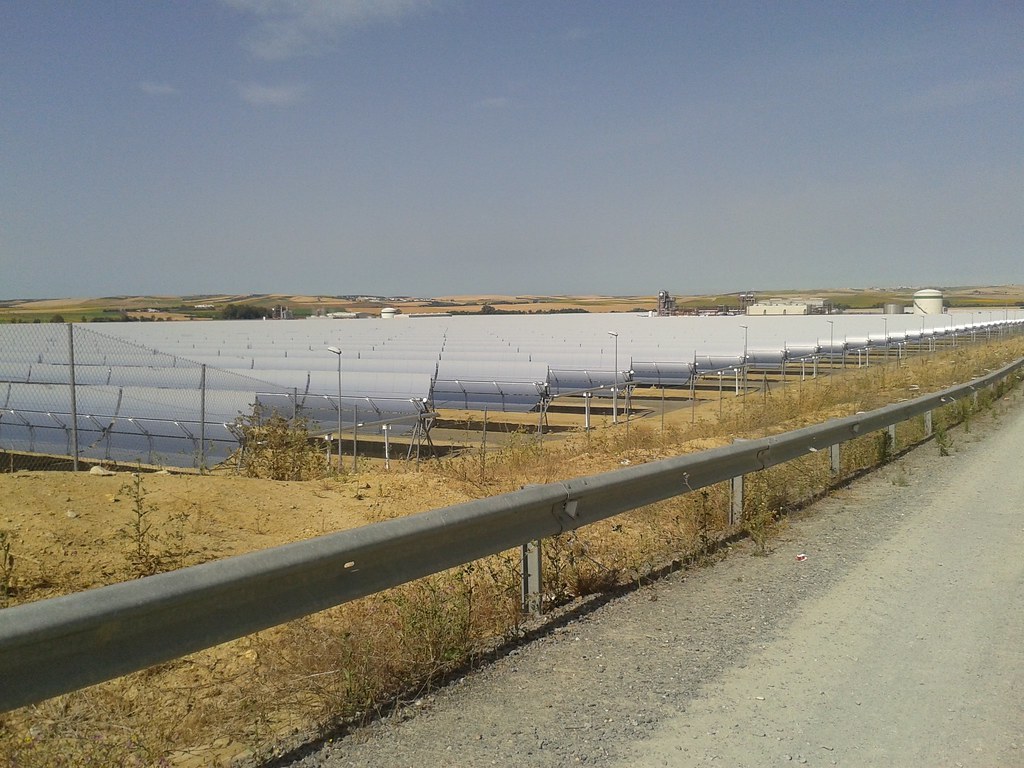
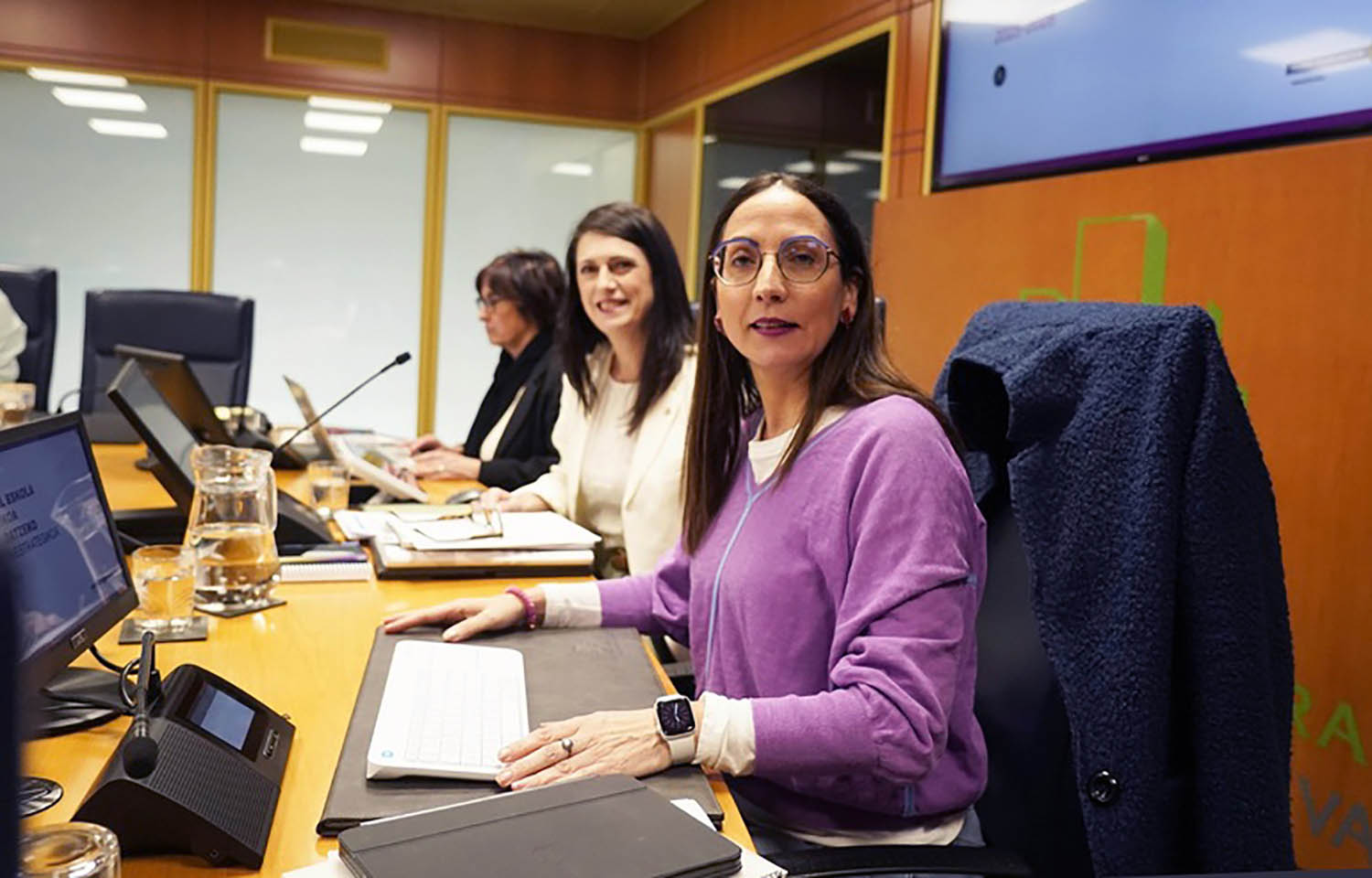

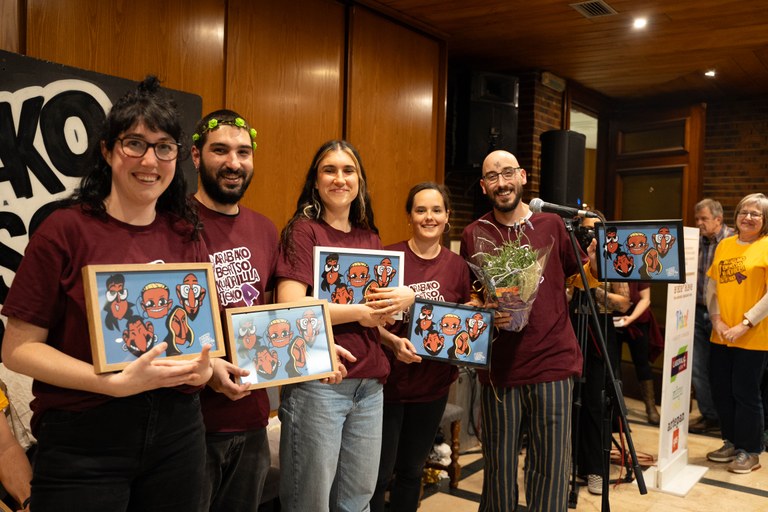
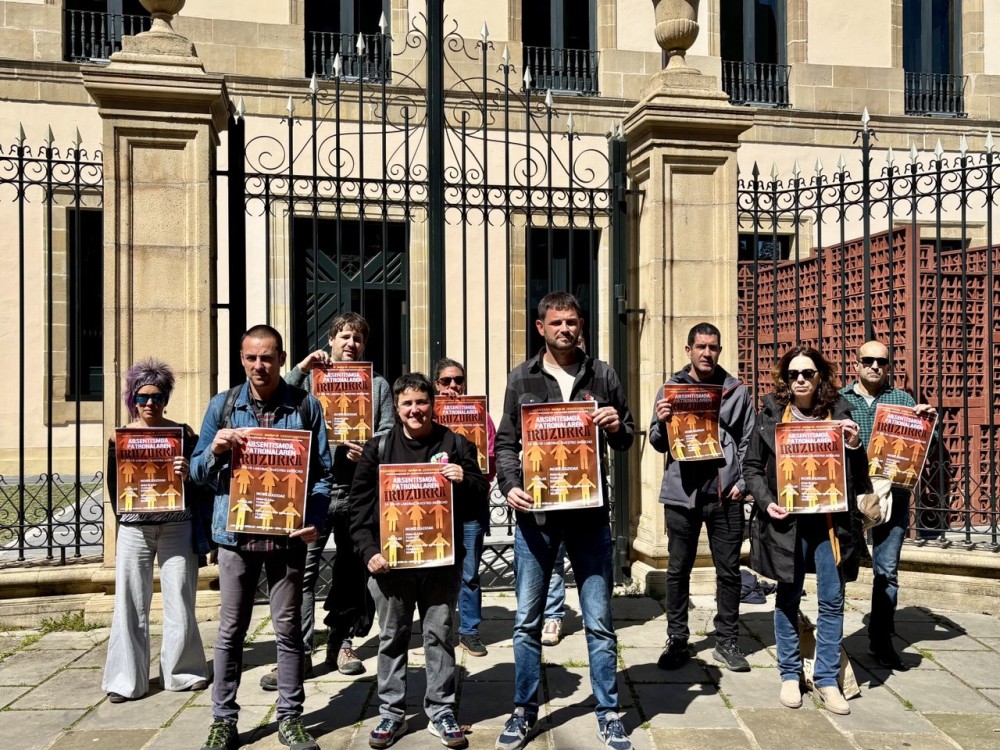

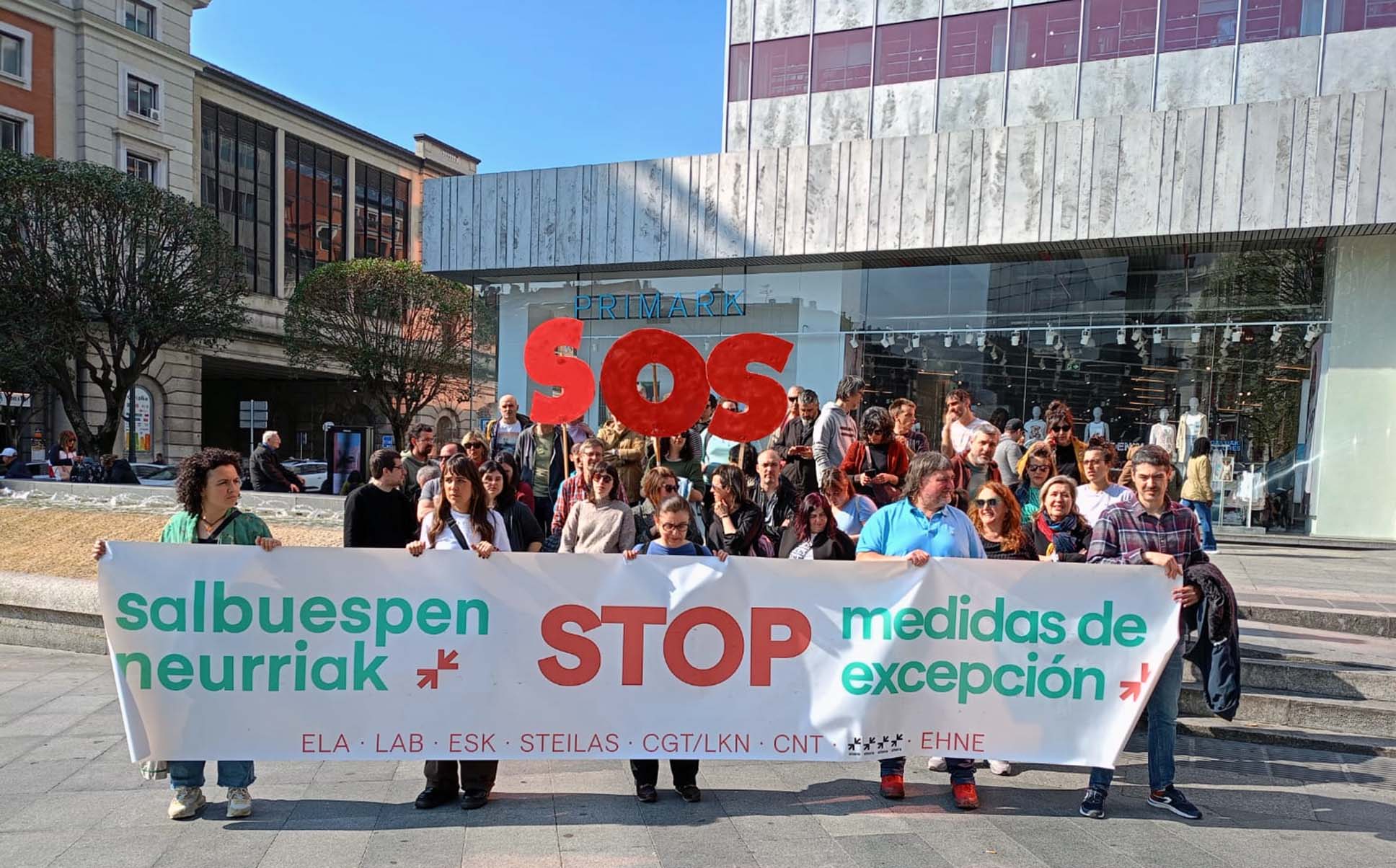
.jpg)
